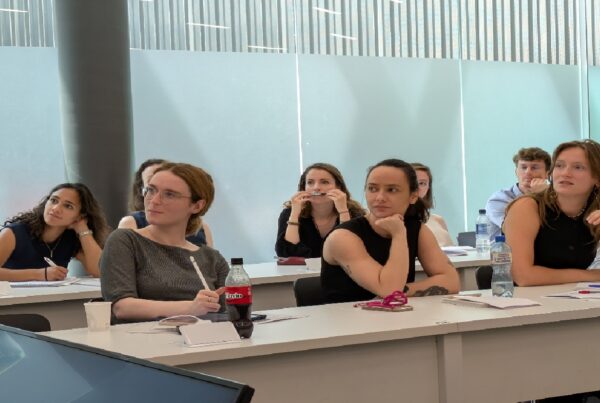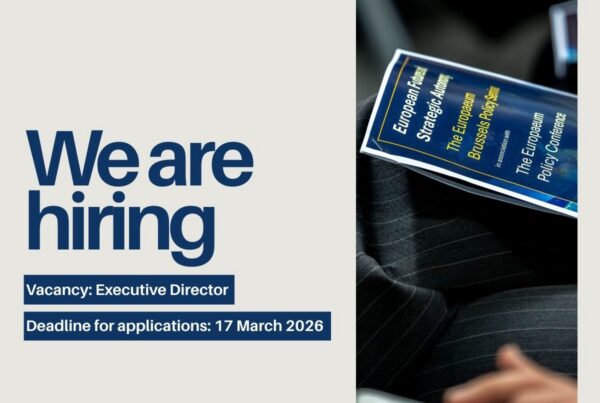
The Europaeum Spring School 2026:
Transatlantic Futures
University of Oxford | 13 – 15 April 2026
The transatlantic relationship has long been a cornerstone of global politics, economics, and security. From the Marshall Plan and NATO’s founding to contemporary challenges of trade wars, climate cooperation, and digital governance, the partnership between Europe and North America continues to evolve in response to shifting geopolitical realities. Today, this relationship faces unprecedented tests: rising powers in Asia, authoritarian challenges to democratic norms, technological competition, and the imperative to address global issues collectively. The future of transatlantic relations will be shaped by generational change, evolving public opinion, new forms of multilateralism, and the integration of non-state actors into traditional diplomacy. Understanding that future requires examining not only traditional diplomatic and economic ties but also emerging areas of cooperation and competition in cyberspace, space exploration, energy transition, and global governance reform.
This Europaeum Spring School will bring together master’s and doctoral researchers at Europaeum member universities to explore scenarios, methodologies, and case studies that illuminate possible paths forward for transatlantic partnerships: between Europe and the United States, Canada, and the states of Latin America and the Caribbean.
We invite applications from students in all relevant disciplines who wish to join the discussions or to present a 15-minute paper based on their research. We especially welcome proposals for papers addressing the theme in relation to the following topics:
- Transatlantic security architecture and NATO’s evolution
- Trade relations and economic interdependence
- Climate cooperation and green transition policies
- Digital governance and technology regulation
- Cybersecurity and information warfare
- Migration and refugee policies
- Democracy promotion and authoritarian challenges
- Multilateral institutions and global governance
- Energy security and resource diplomacy
- Space cooperation and competition
- Cultural diplomacy and soft power
- Public opinion and transatlantic perceptions
- Arctic cooperation and sovereignty
- Financial regulation and monetary coordination
- Innovation ecosystems and research collaboration
- China and transatlantic strategic coordination
Entry requirements
Please note that only Master’s or Doctorate students enrolled at a Europaeum member universities can be considered for a place at our events.
How to apply for a place
Please see our guidance for applicants and should you decide to apply, please download an application form, complete and return it to applications@europaeum.org. For more information about how to apply and about taking part in our events, please see our core activities’ webpage.
What to include when applying
Applications should include:
- a completed Europaeum application form,
- a brief CV,
- a statement of purpose (up to 500 words), and
- a reference letter from your supervisor or academic advisor.
- Only if applying to present a paper, please also include a 500-word paper abstract.
Please visit this webpage for more information about how to apply.
Deadline for submission of applications and abstracts: 26 January 2026.
All submissions should be sent to applications@europaeum.org.
Expenses covered for those offered a place
Students who are offered a place to attend this event will be provided with free accommodation and board during event days and will have reasonable travel expenses covered from their home university to Oxford.



